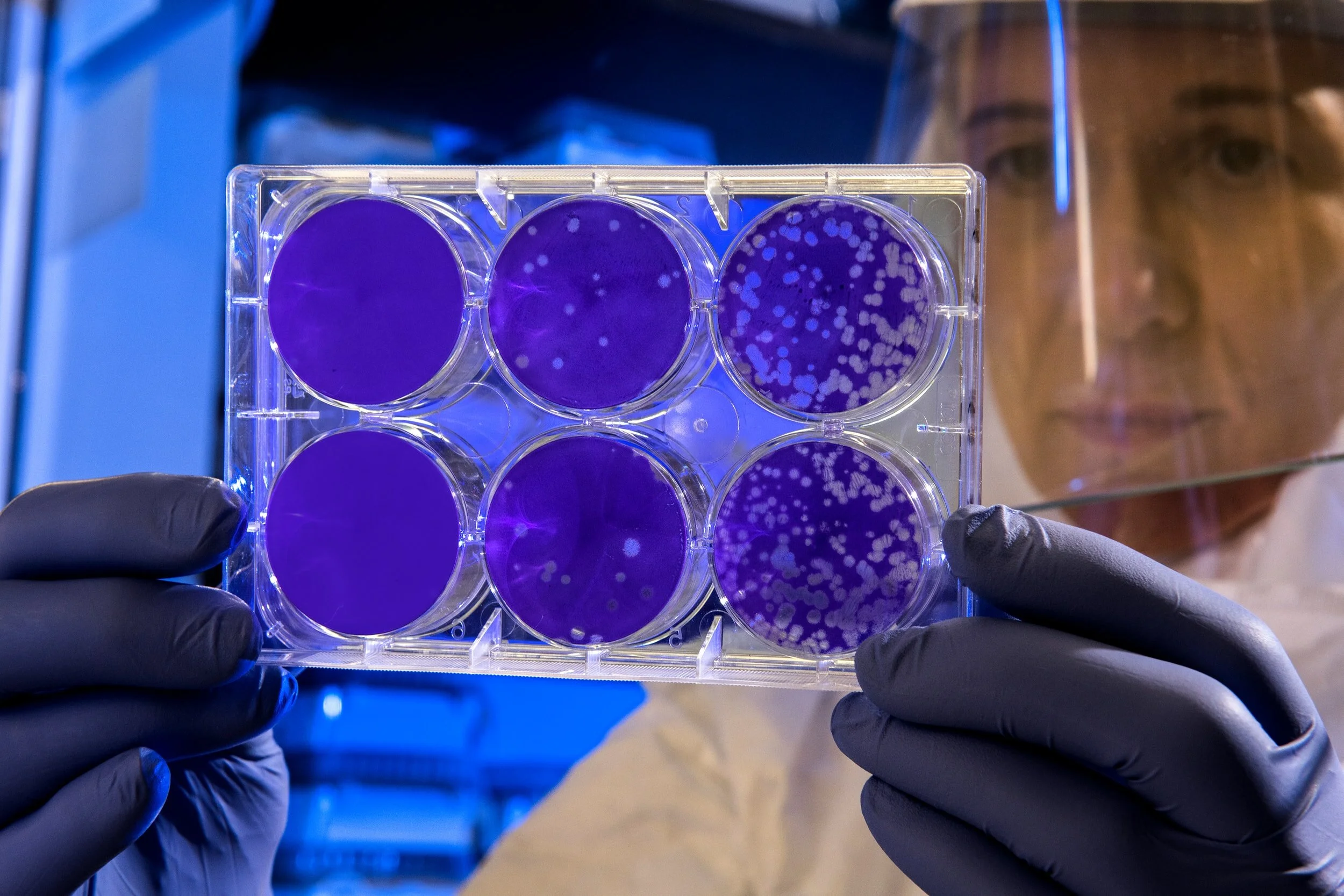Why Mothers are genetically more important than Fathers
Let’s refresh our memories by reviewing some basic information about the genes and genetics. As we all know, genes are stored in the chromosomes and in the nucleus of the cells. Humans have 46 chromosomes, half of which comes from the mother (maternal chromosome) via the egg, and the other half comes from the father (paternal chromosomes) via the sperm. Fertilization of the egg by sperm produces the genesis of a single-celled embryo.
First evidence of a mother’s genetic importance comes from her egg. While sperm is nothing more than a delivery vehicle of paternal-DNA, the egg is more than just delivering maternal-DNA but also supplies the embryo’s nutritional needs in form of proteins, nutrients, membranes and most importantly, very specialized energy producing organelles called mitochondria.
Second evidence of a mother’s genetic importance comes from mitochondria. Mitochondria origin is exclusively female. Sperms do not carry mitochondrial genes. Yet every cell in our body possesses mitochondria for energy production. Without a mother’s mitochondrial genetic contribution, male species can’t survive. Mitochondria carry their own independent mini—genome, composed of 37- genes that reside within mitochondria, not in the cell nucleus where 23 pairs of chromosomes and 21,000 human genes are located. Mitochondrial genes do not recombine and only present in single copy. Some scientists think that mitochondria originated from ancient bacteria that invaded ancient single-cell organisms and formed a symbiotic relationships with each other for survival. Indeed mitochondrial genes resemble bacterial genes more than human’s genes. With mitochondrial genes, each person can trace her mitochondrial lineage to a single human mother, who lived some 200,000 years ago in Africa. This human mother is named beautifully by geneticists, as “Mitochondrial Eve”.
The third contribution of mother comes from housing the embryo in her uterus and feeding its growth with her own blood and nutrients, for the duration of entire pregnancy.
The forth contribution comes from the normal delivery of the baby through the birth canal, with a slow, deliberate uterine contraction pains and bleeding. During this normal delivery process, through the birth canal, the baby acquires mother’s microbiota that live in the birth canal. These acquired friendly bacteria, helps to develop baby’s immune system and help for proper digestion of mother’s milk.
The fifth contribution of mother comes from nursing and feeding the baby with her own breast milk which contains all the nutrients the baby needs, and growth factors help the baby to grow and antibodies that protect the baby from infections.
The sixth contribution comes from nurturing her baby with genuine mother’s love and affection to adulthood.
Knowing all these, we can never pay enough tribute to our mother. I have great respect for all the mothers of the world. My love for my mother is forever.
How ironic it is, in spite of our mother’s immense contribution to our life and wellbeing, misogyny runs deep in every society. Women are treated as second class citizens. They are frequently violated, tortured, raped and even killed.
I salute the decision of Nobel committee, to give this year’s Nobel Peace Prize to a Yazidi woman who has been kidnapped, brutalized and raped but never defeated, by religious fanatics in Iraq.






